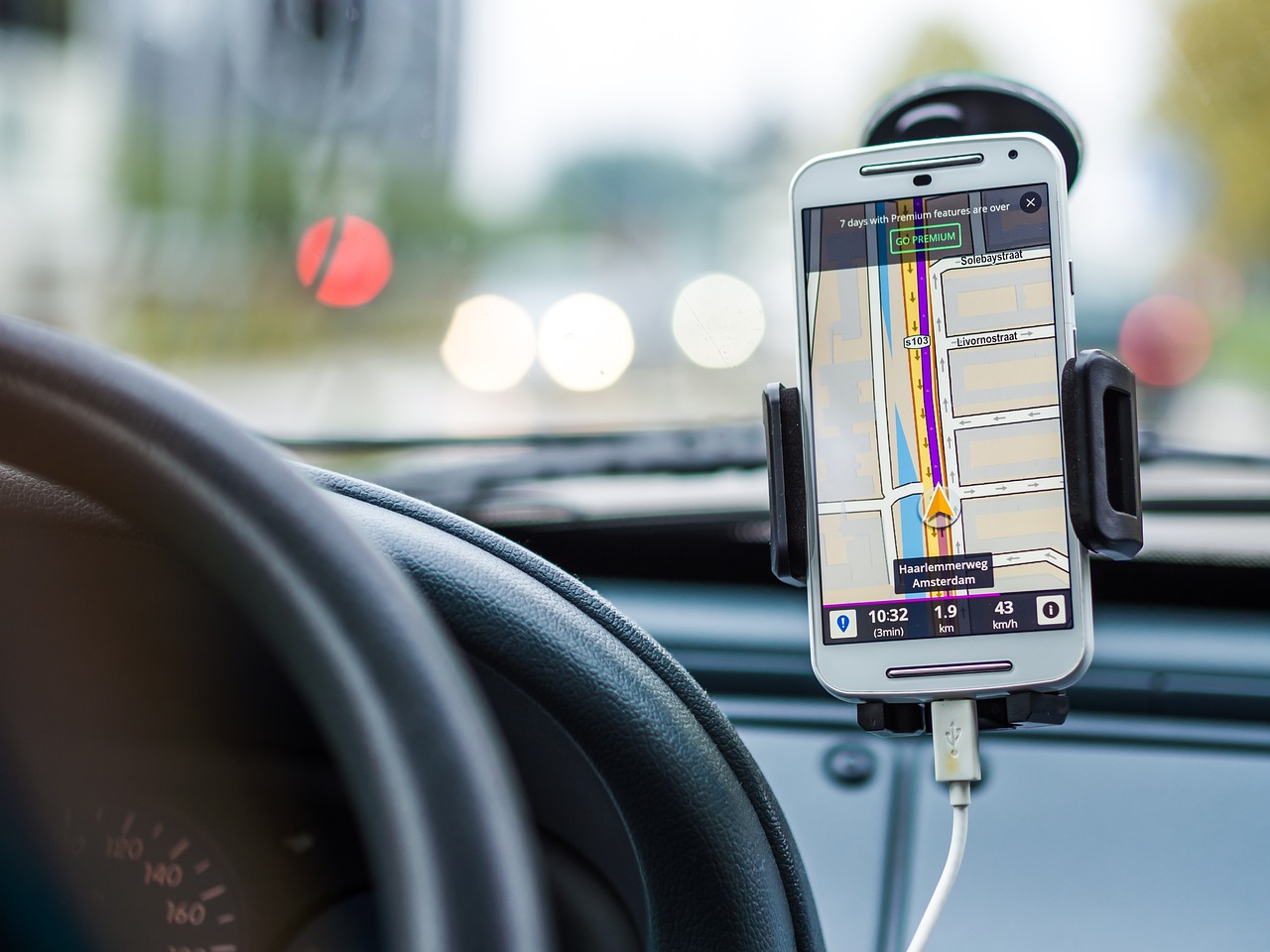The Future of Travel Apps: Enhancing Convenience and Personalization for Travelers
In the realm of travel app development, personalization continues to reign as a prominent trend. This involves customizing user experiences based on preferences, behaviors, and past interactions to deliver tailored recommendations and offers. By harnessing data analytics, travel apps can offer users a more personalized and relevant journey, thereby enhancing overall satisfaction and loyalty.
Another pivotal trend in travel app development is the integration of real-time updates and notifications. In today’s fast-paced world, travelers value instant access to information such as flight delays, traffic updates, and weather alerts. By incorporating real-time updates into their apps, developers can keep users informed and prepared for any potential disruptions, ultimately improving the overall travel experience.
Integration of Artificial Intelligence in Travel Apps
Artificial Intelligence (AI) has become a game-changer in the realm of travel app development. By leveraging AI algorithms, travel apps are now able to provide personalized recommendations to users based on their preferences and historical data. This not only enhances the user experience but also helps in streamlining the planning process for travelers.
One of the significant ways AI is integrated into travel apps is through chatbots. These virtual assistants are designed to interact with users in a conversational manner, assisting them in everything from booking flights and accommodations to providing real-time travel updates. This on-demand service not only saves time for travelers but also improves customer service for travel companies.
Enhanced User Experience through Augmented Reality
Augmented Reality (AR) has revolutionized the way users interact with travel apps. By overlaying digital information onto the real world, AR enhances the user experience by providing valuable insights in real-time. From viewing historical landmarks through a smartphone camera to receiving directions through AR navigation, users can engage with destinations in a more immersive and interactive manner.
One of the key benefits of integrating AR into travel apps is the ability to offer personalized recommendations and contextual information based on the user’s location. Through AR-enhanced features, travelers can access relevant details about points of interest, restaurants, and events nearby, making their journey more seamless and enjoyable. Additionally, AR technology allows users to visualize accommodation options, travel routes, and tourist attractions, ultimately enhancing their overall travel experience.
• AR enhances user experience by overlaying digital information onto the real world
• Users can view historical landmarks and receive directions through AR navigation
• Personalized recommendations and contextual information are provided based on the user’s location
• Travelers can access details about points of interest, restaurants, and events nearby
• Visualization of accommodation options, travel routes, and tourist attractions is possible through AR technology
What are some key trends in travel app development?
Some key trends in travel app development include the integration of artificial intelligence, enhanced user experience through augmented reality, and personalized recommendations based on user preferences.
How is artificial intelligence being integrated into travel apps?
Artificial intelligence is being used in travel apps to provide personalized recommendations, automate booking processes, and enhance the overall user experience by analyzing user data.
How does augmented reality enhance the user experience in travel apps?
Augmented reality in travel apps allows users to visualize their travel destinations, explore nearby attractions, and navigate unfamiliar places more easily, creating a more immersive and interactive experience.
Are there any other technologies that are enhancing the user experience in travel apps?
In addition to artificial intelligence and augmented reality, technologies such as virtual reality, location-based services, and chatbots are also being used to enhance the user experience in travel apps.





